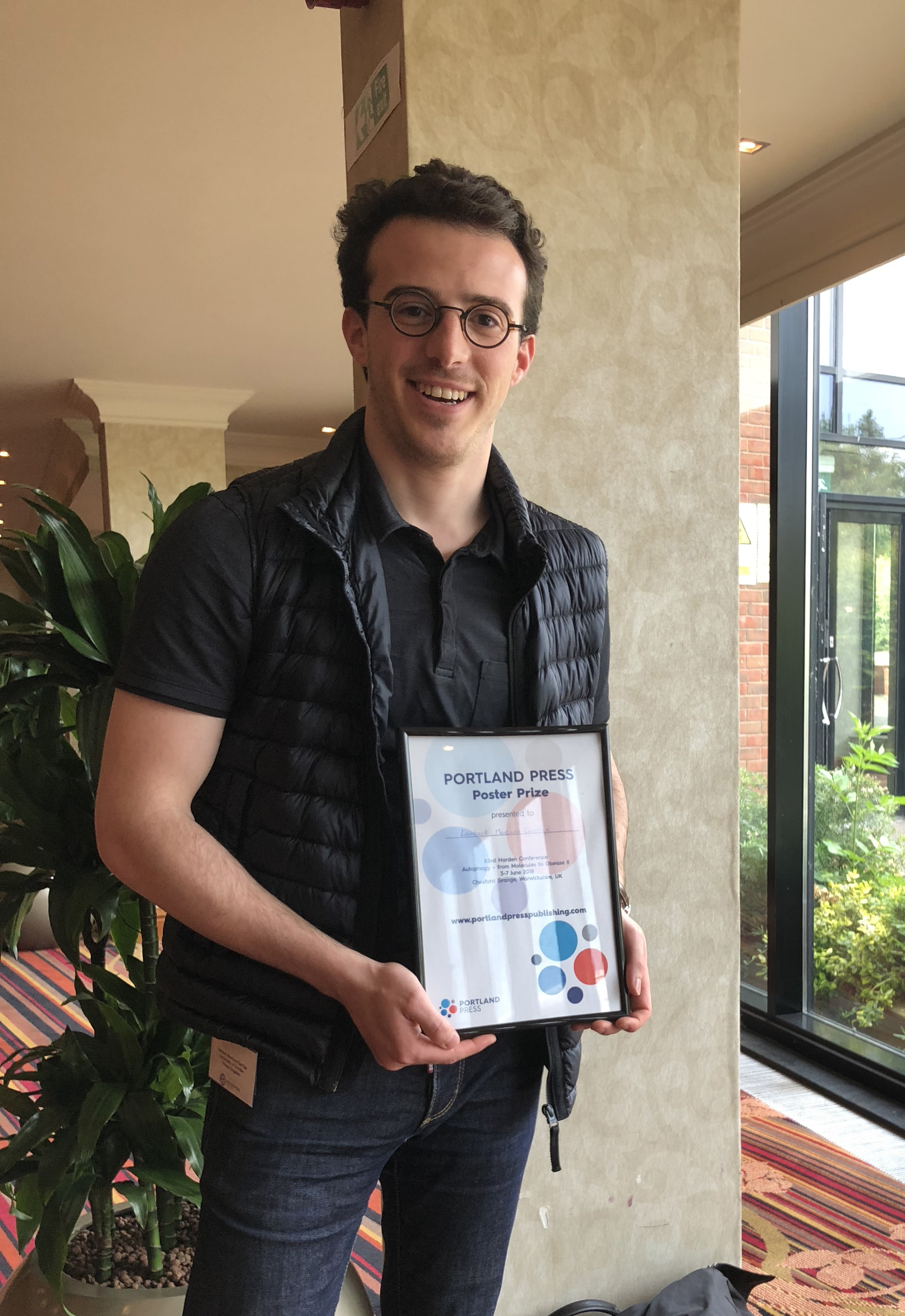We are delighted to announce that MRC-PPU PI Miratul Muqit has been promoted to the rank of Professor.
Miratul joined the MRC-PPU after he completed his clinical neurology training in 2008, to investigate the role of the Parkinson's disease PINK1 protein kinase that he played a key role in uncovering during his PhD in the laboratory of Nicholas Wood (UCL).
…more








